Charles’ book Charles Prouse on the Voice to Parliament published by Hachette Publishing can be purchased online and at Dymocks book stores.
Transcript
Charles Pakana:
On the 12th of July, Hachette Publishing released a personal insight into the Voice to Parliament from Charles Prouse, a Nyikina man from the Kimberley, Western Australia, titled, quite simply, Charles Prouse on the Voice to Parliament. The book is a straightforward, and I’ve got to say, it’s a simple read, that puts politics aside and talks frankly on how the Voice will, in fact, play an important role in achieving greater parity in this country of ours. Charles holds a Master in Public Administration from Harvard and a Bachelor of Science from the University of Western Australia. Importantly, he has over two decades of experience in First Nations affairs across the country, working with state and federal governments and in the not-for-profit and private sectors. He joins me today on the Referendum Tapes to talk about his new book and the key messages it aims to deliver. Charles, thanks for speaking with me today.
Charles Prouse:
No worries, my brother.
Charles Pakana:
Charles, what were the driving forces behind your writing of this book?
Charles Prouse:
Well, the first thing is I never actually looked to do this book. It fell into my lap. In fact, a friend asked me. I thought he wanted me to introduce the publisher to someone and I wrote back to him and said, “I’ll do it.” The publisher writes to me and says, “Oh, Charles, thank you for agreeing to do this book.” And I’m like, “What? What’d I just do?” And then I thought, we want to make a contribution to the conversation around the Voice to Parliament and ideally why it’s important to vote yes.
So when she said that, I thought, “Oh, we’ve all got to do our bit, right?” And I thought I had the skillset to write something, and she said it was 10,000 words. And I thought, “Well, I could do that,” and then next minute, I’m like, “Oh, what have I done?” But I also did have stuff to say when I thought about it. I thought, “Well, there’s all of this misinformation. There’s lies out there.” If you want to stand up and you want this to succeed, and I want it to succeed, as I know so many people do, I thought, “Okay, well, I’m a different voice. There’s all of these other voices.”
And people were saying, “We want to hear from Aboriginal people that haven’t spoken. There’s all of this stuff in the media and it’s mostly negative. Where’s some other alternative sources of information?” I thought, “Well, you’ve got to be in it to win it. If you sit on the sidelines and do nothing, you can’t complain.” And so I thought, “Okay, well, let’s do this. Let’s do this.” So that’s where it came from. After thinking I was going to do an introduction for someone else, I ended up with the gig.
Charles Pakana:
Well, from thinking you’re going to be doing an introduction, you actually seemed to have gone into quite a bit of depth and a fair bit of due diligence and research in this because I’ve noticed in the book that you’ve emphasized and actually supported Senator Lydia Thorpe’s focus on the bringing them home and the Aboriginal deaths in custody reports. You’ve stated, though, that much of the work in these areas rests with state and territory governments, but do you see a situation where the Voice, if it does get up, or the Voices, because we have regional and national, of course, can actually contribute to addressing the clear course to action detailed in those reports?
Charles Prouse:
Well, when I was watching all the people on television, the yes and the nos, Senator Thorpe, and I’ve met Senator Thorpe before a few times, and I’ve lived in Melbourne, she makes sense of those reports and I do agree with her. I thought, “Well, out of all those people that are all talking, saying no, I actually agreed with her and I thought, well, I can’t dismiss that. She is right.” And so I thought, “How does that work with what she’s saying and what I’m writing about the Voice?” So in the whole process of this, I had to understand how the Voice was going to work or what it proposed.
So everyone was talking about Professor Langton and Professor Calma’s report, Marcia and Tom’s report. So I thought, “Well, I better read that. There’s a whole other story to that.” And I was reading it and basically I went to the executive summary and I did read the report, but it is there in the exec summary. And after reading that and thinking about what Lydia has been saying about the bringing them home, well, the way that the model, and there’s so many, and I talk about this in the essay, there’s traps. There’s lots of traps. We’ve got to make sure we bring ourselves back up to the top, not yet go down these rabbit holes. And this first trap is a rabbit hole, but you have to go down it and then come back up quickly. So the report is a model of how a proposed Voice would work.
Charles Pakana:
But emphasis on proposed.
Charles Prouse:
It’s a proposed, so first of all, we’ve got to say yes, that’s the first thing, and then we’ve got to look at a model. And so there is a model that has been proposed and in the proposal, and yes, it’s still got a lot of work and people say that they weren’t consulted and they don’t agree with the model and all of that sort of stuff. That’s another conversation, which will be later. But the model says, or the proposal says we have to elect our regional people first, all across Australia. You’re doing it in Victoria. I know South Australia has started a process, Queensland started, but it’s the regions that have to be elected first, and then from the regions comes the national. You can’t do the national first. Regions have to be done. And that’s how we operate as black fellows. It’s the grassroots.
So once you get the regions and then you get the states from the regions, and then you get the top. And so for the bringing them home and the deaths in custody, those recommendations proposed by both Dodson brothers and their colleagues are saying, you have to fix education. You have to fix housing, you have to fix justice. You’ve got to fix those horrible justice systems. They’re throwing all our people in jail.
Charles Pakana:
This is also bringing in closing the gaps report, isn’t it?
Charles Prouse:
That’s right. But all of those things, housing, justice, education, health, they are state issues. So the state governments, so therefore, those regional voices that we have to do first will have to talk to the states and they will keep them accountable, and then from there they’ll elect the national body. And so the Voice will work at all levels, and also at a local government level, don’t forget, because that’s where we live, that’s where those local people will come. So that’s how the Voice, local, to a regional, to a state, to a national perspective would work. But they have to be elected first. You’ve got to get the regions, and that’s how they would help try to address once and for all the bringing them home. We will now have a consistent body with regional approaches to talk to the states and to the feds to keep everyone honest, and give them ideas what will work locally, what will work regionally, and then at a national say, okay, we’ve done our work with the regions. You’ve got to do some alignment too at the national level.
Charles Pakana:
Now another point you emphasized in the book was the specific order of voice, treaty and truth. Now, you emphasized this quite a bit, and this is in stark contrast to others who are calling for treaty and truth before voice. So what leads you, and I’ll note that you’re far from being alone in this, of course, to advocate for voice first and foremost.
Charles Prouse:
Well, I mean for a treaty process, I mean, who are they going to talk to? Well, you’re doing treaties in Victoria, and good on you. What you’re doing in Victoria is helping us on the other states. Okay, testing how it might work, which is awesome. In order to have a treaty, and I’m not going to go into the sovereignty issue because I do believe we’re sovereign nations, but let’s stick to the point of order. So in order to do a treaty, you’re going to have to have one party to talk to another party, the black side, to talk to the white people. So who are these black people? Who are our people going to go in and talk about a national treaty? Well, they’re going to have to be people from WA. They’re going to have to be people from Victoria. They’re going to have to be from Tasmania, from Torres Strait. So where do they come from? Well, they’ll come from the regions.
Now, isn’t that starting to look like a voice? So why wouldn’t we do a voice first, then go into the treaty stuff? And as part of the treaty stuff, we’ve got to be saying, “Well, you guys did this. You raped us. You poisoned us. This is our land.” And that’s the sovereignty issue. We’ve never ceded our land. So I agree that we are sovereign, the legalities or whatever, but I’m a Nyikina a man. You’ll never take that away from me, never. It doesn’t matter what paper it says, I am sovereign. So people have to understand also, well, I apologize, but what is sovereign? So we need a voice in order to have the treaty. So if you go into the order of things and we start fighting about the order, it’s like we all want the same thing. All we’re doing now is just arguing about the order. And if we’re arguing about the order, then we’re arguing, and if we’re arguing, then we’re not getting anywhere.
Charles Pakana:
We could lose the whole deck of cards.
Charles Prouse:
Yeah, that’s right.
Charles Pakana:
Yeah. Now I’ve got to say, I love the quote from your mother as you reference your mum a fair bit in the book, and the quote that I particularly loved was, “People who say the Voice is all about racism, well, that’s just lazy. That’s a lazy argument.” Can you expand on that? Because this seems to be the comment upon which far too many in our community, especially these right-wing commentators are resting their arguments against the Voice. So just if you can expand on what your mum was talking about there, being a lazy argument.
Charles Prouse:
Those people who say it’s racist, don’t explain why it’s racist. Now, if they did, then they might want to have a look in the mirror. Because as Aboriginal Torres Strait Islanders, we know what racism is. We’re not saying it’s racist. We’re saying this is about equity. This is about justice. This is about the fact that we are sovereign, and you should have done this a long time ago. We might not be in this position. We are the First Nations people. We’ve been here 60,000 years. That’s not racist. That’s a fact of life.
I have to be careful here because I don’t want an us and a them. That’s not the point. The point is we are together. So when you say racist, we’re trying to avoid that language. We want justice, and justice means that we want to get along and that we want to move forward. You do have to acknowledge the wrongs, otherwise, how are any two parties going to move forward if we ignore the fact that there was an injustice and it continues to happen, right? So can we acknowledge that? Can we acknowledge that we’re first? And also that does give us some special privileges because we do know this land. We’ve been here a long time, and people say it’s going to divide us. Well, I don’t feel very together at the moment. Do you, Charles? I don’t feel very-
Charles Pakana:
Yeah, I understand what you’re saying. And really, I think you’re also echoing almost, that last sentence of the Uluru Statement From the Heart, where it emphasizes from those 250 delegates who signed the Uluru Statement, that the desire is to walk together.
Charles Prouse:
Exactly. Exactly. So to say it’s racist, I’m not sure, unless you want to unpack that argument, but I don’t know if we want to go there. We just want to move forward together as an Australian nation. So we were deliberately out of the Constitution for 67 years. There are racist powers in there. So saying it’s racist and then walking away is lazy because if you start to unpack it, then we’re going to get into a big conversation. And I think that’s not what we’re here for. That’s not what we are here to move forward for the future. And not just for me, and not just for you, but the First Nations people overseas, particularly in Americas talk about seven generations coming from the ground. And those people at Uluru, they weren’t there for them. We’ve got to talk about the future.
Charles Pakana:
Charles, I do believe we will be speaking again prior to the referendum and maybe even after the referendum as well. Before we go though, now, where can people get hold of Charles Prouse on a Voice to Parliament?
Charles Prouse:
Well, you can go into the big Dymocks stores is one, you can order online. I found it on Kindle. I think it’s on eBooks, Apple eBooks, and most good bookstores. But just go search for it online and go into your big Dymocks store.
Charles Pakana:
And it’s only about 12 bucks. And look, I definitely have a copy that I got from the Apple iBook store, and on the Victorian Aboriginal News website accompanying this interview, we will have all the relevant information where you can get your hands on a copy of this great and rather insightful and very different essay, and look into the Voice to Parliament. Charles, once again, thank you so much indeed for your time, brother.
Charles Prouse:
Thank you, brother. Have a good day.


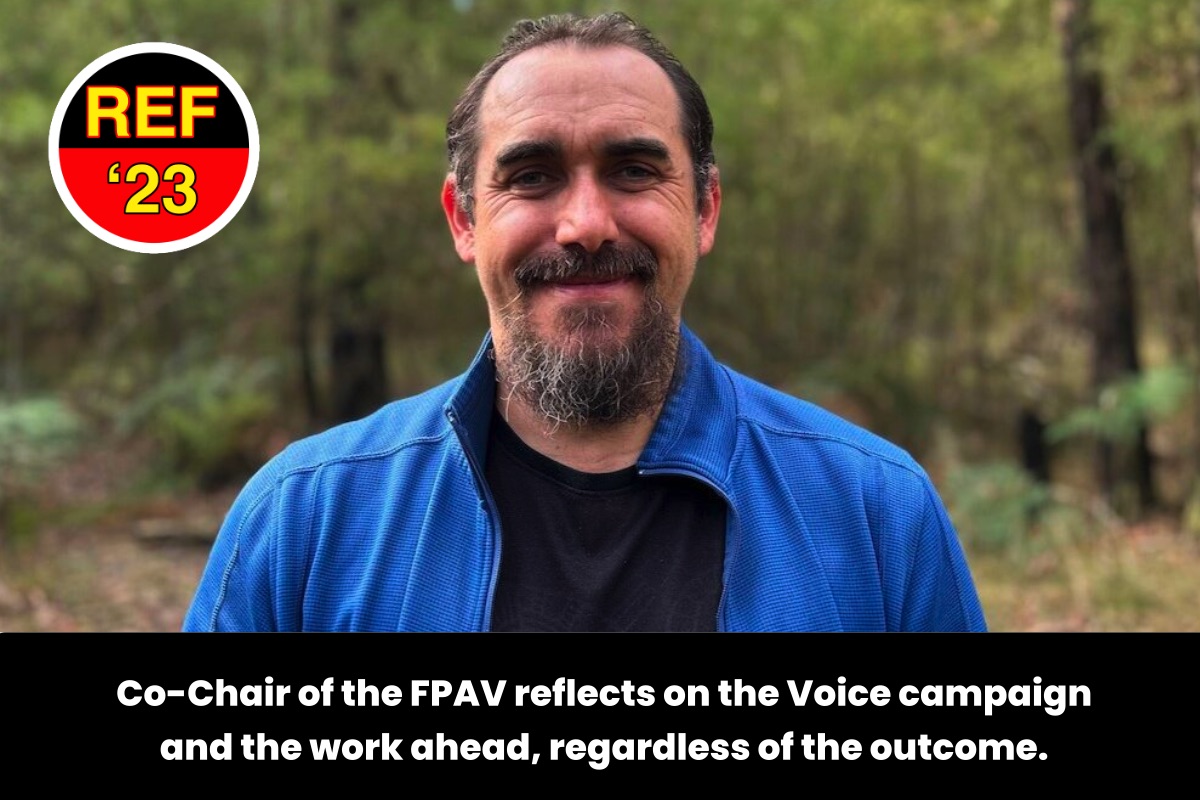
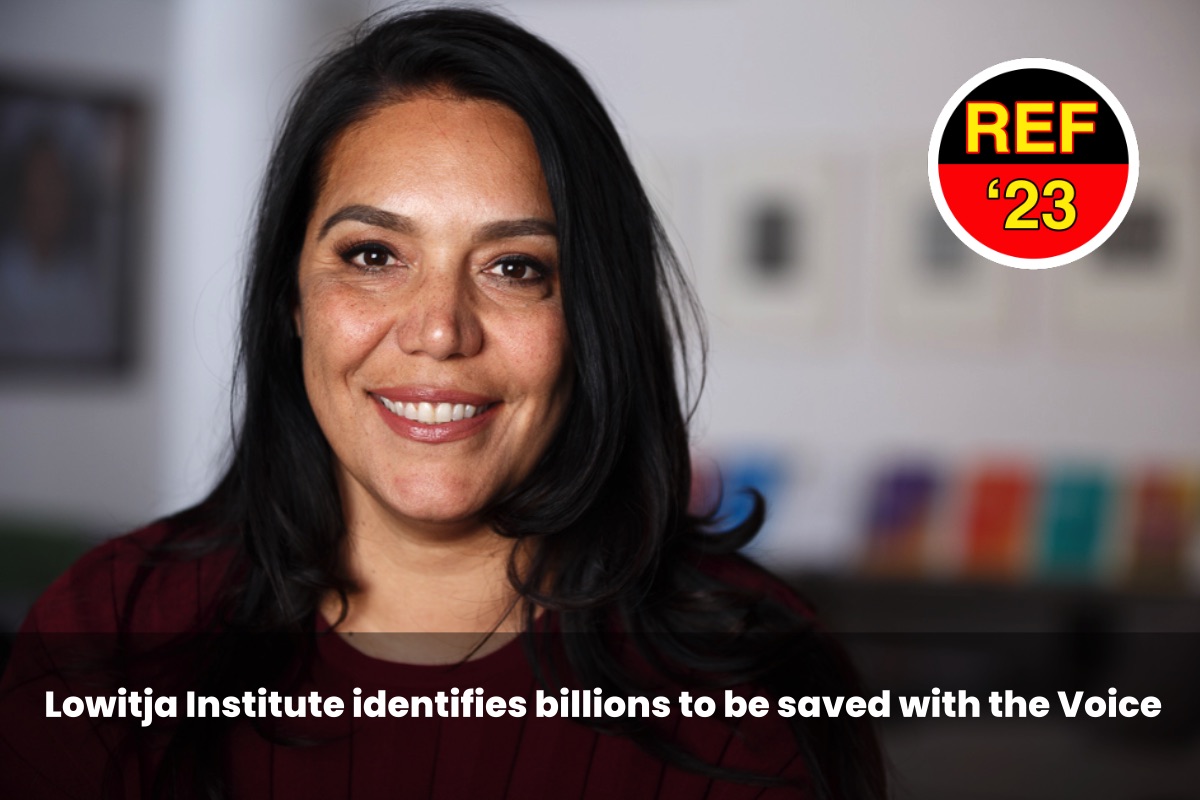
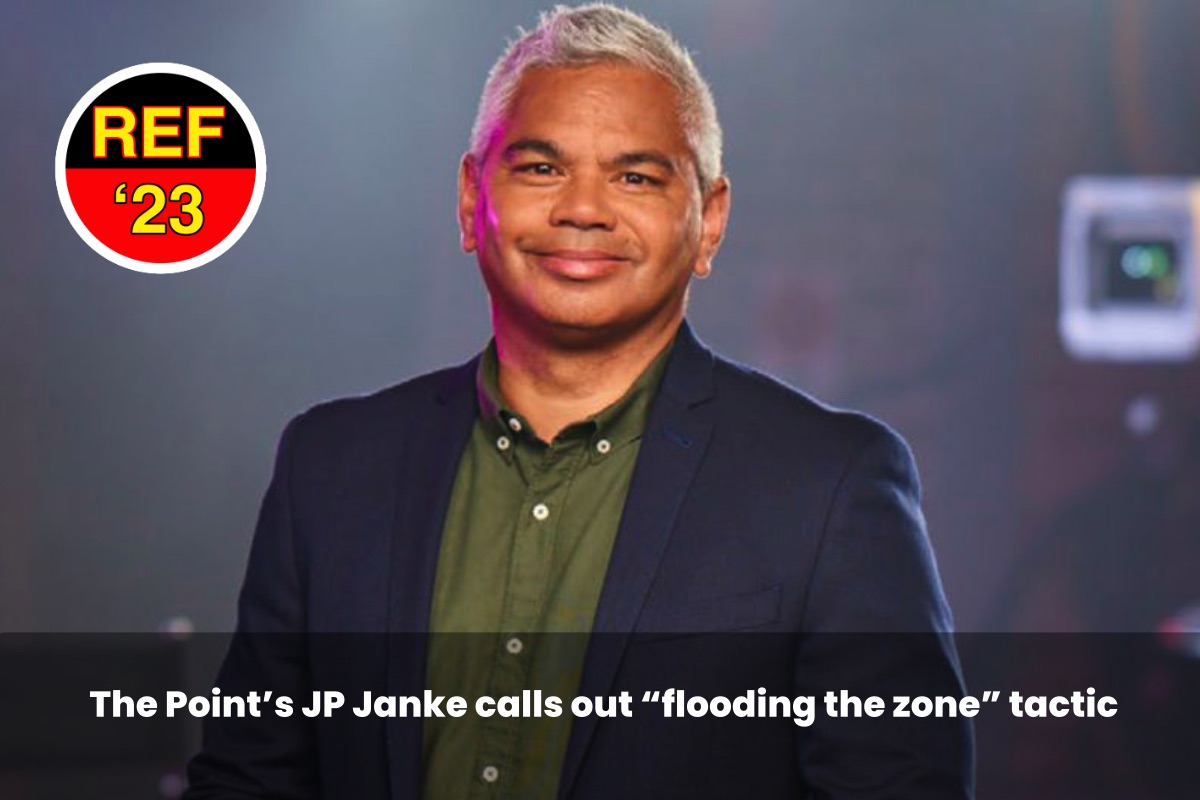
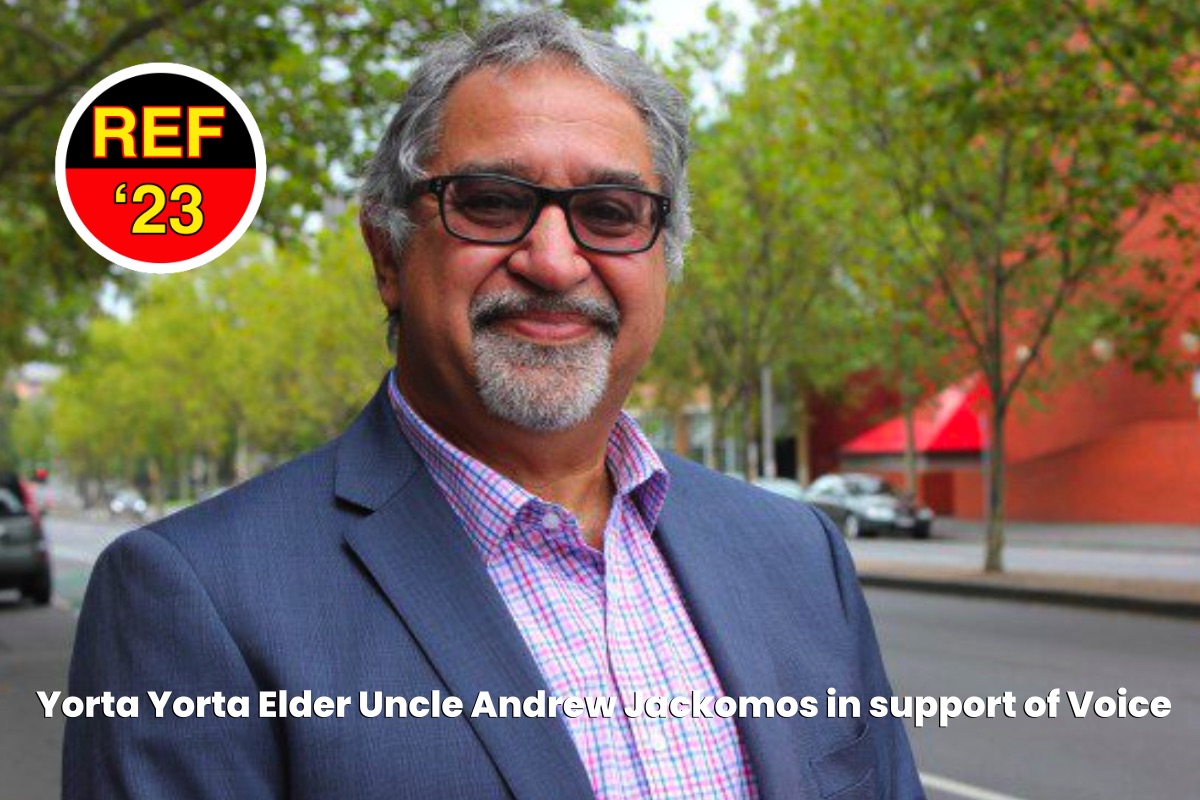
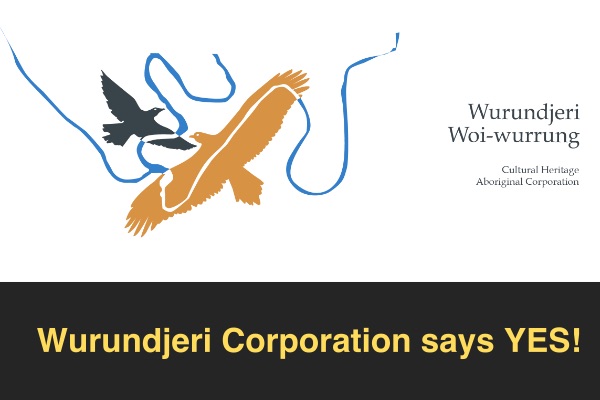

0 Comments